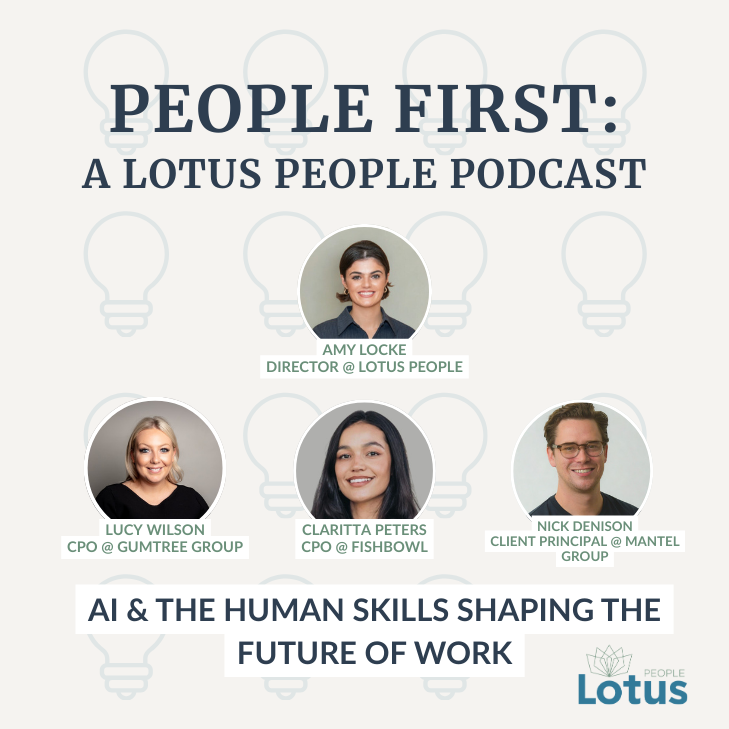With 2018 already underway, you may be starting to feel that it is time to make the move towards a new career or opportunity. Here are a few useful tips on how to prepare yourself throughout the interview process. Interviews can be daunting at times but like anything else, practice makes perfect – the more you prepare for an interview, the better you will do.
Preparation
- Preparation is key to any interview. Do thorough research on the company, the people you are meeting with and the role itself. Proper preparation will help relieve some of the stress involved in interviews and the more you prepare, the more comfortable you will be at interviewing.
- Review your current resume, make sure all of your dates, titles and duties are up to date and you are able to talk through your experience well.
Plan ahead and be on time
- Research where the company is located and how you will get there. “Be on time” means 5 to 10 minutes early. Once you arrive at the company, ensure you notify the receptionist of your arrival. Whilst waiting for the interviewer, take a breather and focus on your presentation; are you relaxed? Are you sitting up right? Are you neatly presented? After all, first impressions last!
- Once the interviewer arrives, ensure to greet them with firm hand shake, a pleasant smile, thank them for meeting with you and take a seat once asked.
- Settle into a position where you will be relaxed and will not get distracted or fidget in your seat and always make eye contact with your interviewer.
During the interview
- The interviewer will lead the interview by asking how was your day, or how was your journey to the office. This is an interviewers’ way to test your interpersonal skills and if you are able to build rapport easily.
- It is common for the interviewer to ask you to talk through your previous experience. It is essential that you are prepared for this and know your resume well. Whilst going through your experiences, speak through your day to day duties and give a good picture of your role but remember to be concise.
- Be prepared to answer why you want to work with the company, or what attracts you to this role. This is where your research will come in handy!
- The interviewer will probably ask some behavioral questions such as how you work in a team? Always answer these questions with examples of past experiences.
- It is expected that the interviewer will ask if you have any further questions in regards to the role or the company. Prepare two to three questions around culture, expectations, start dates etc. – this will show your interest in the role, however avoid asking about salary, bonuses and benefits.
Closing the interview
- Whilst walking out of the interview room, it is important to remain professional and polite, the interview is still in place. Finish the interview as you started, with a firm hand shake and again thank them for taken the time to meet with you.
Leave a lasting impression
- Follow up the next day to thank them for their time and for considering you for the role and express briefly your interest in the role moving forward.
Lotus People are off to a flying start in January with a range of different roles available and an unprecedented level of business.
If you are available and interested in finding a new role, please reach out to us on info@lotuspeople.com.au
You may also like...





